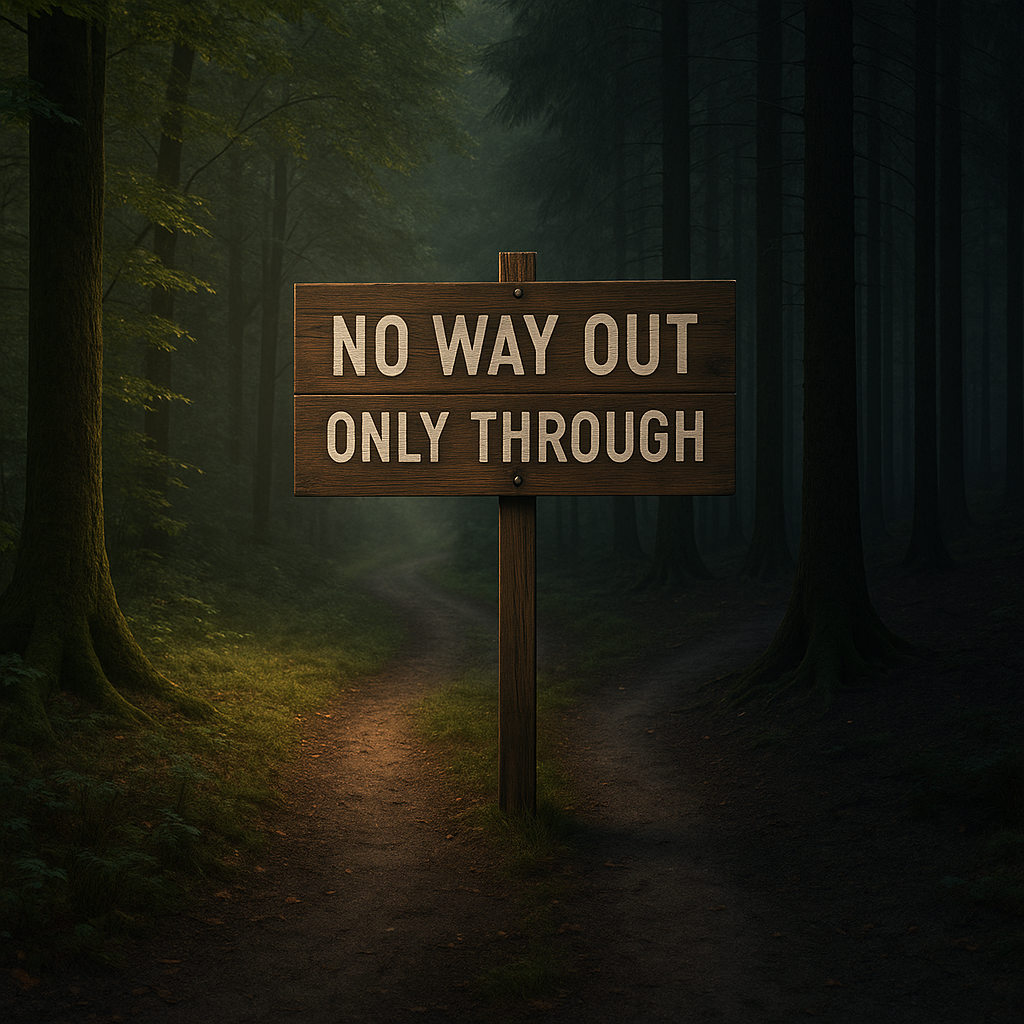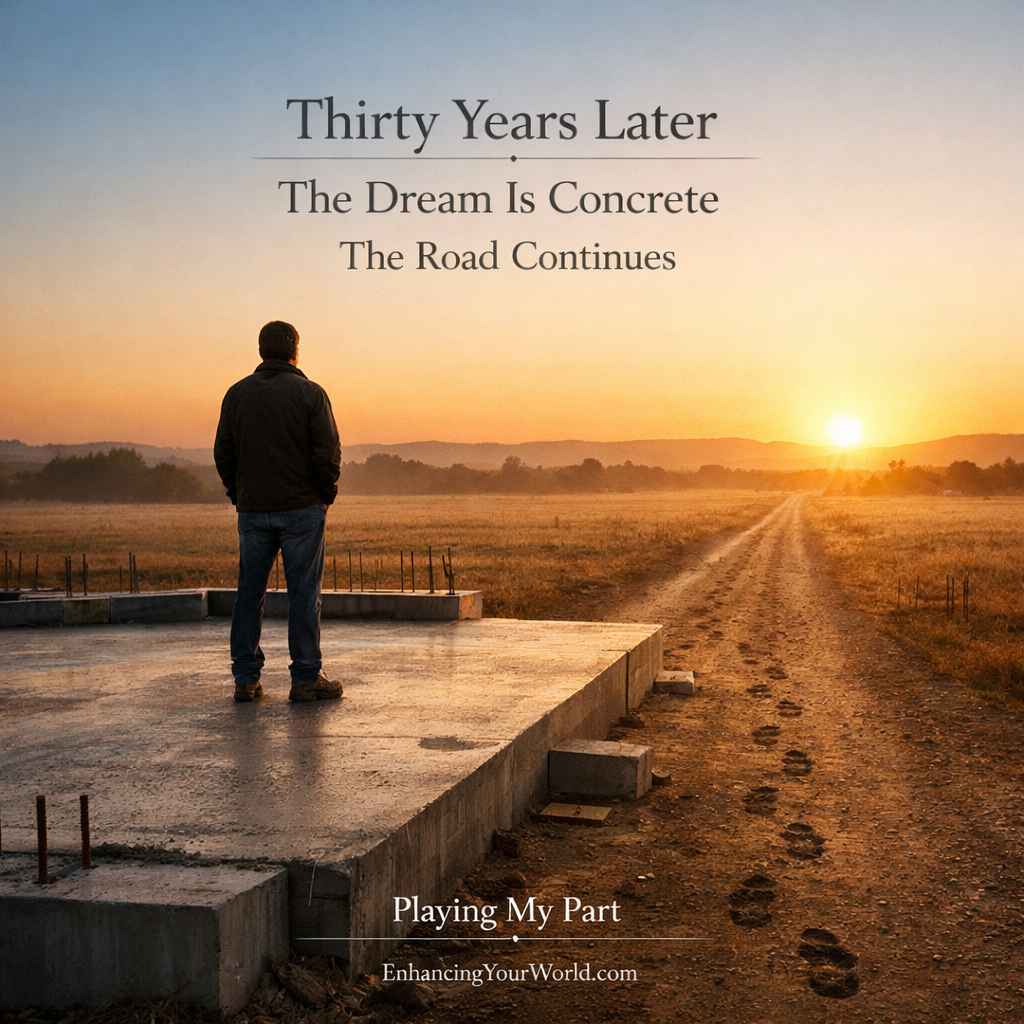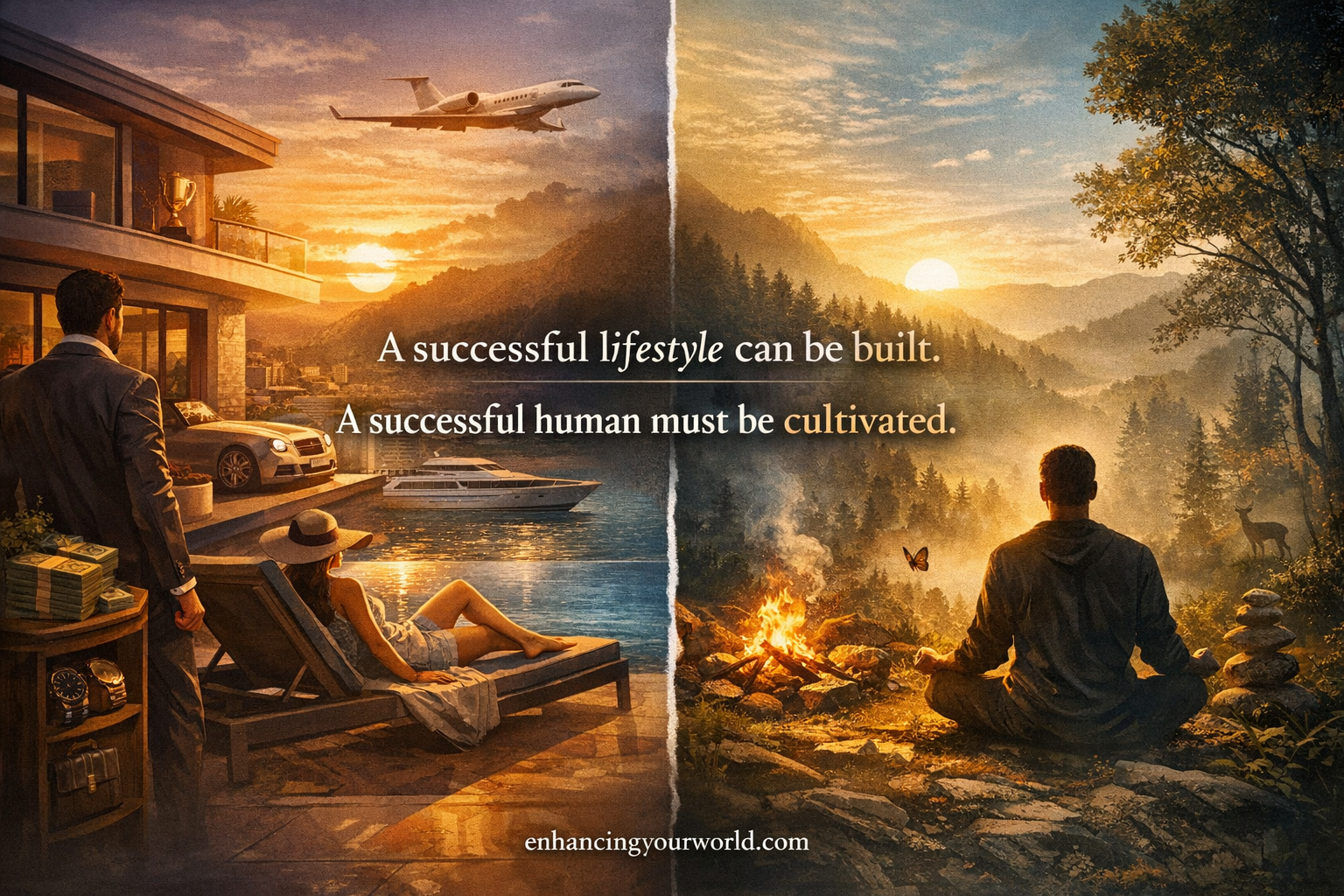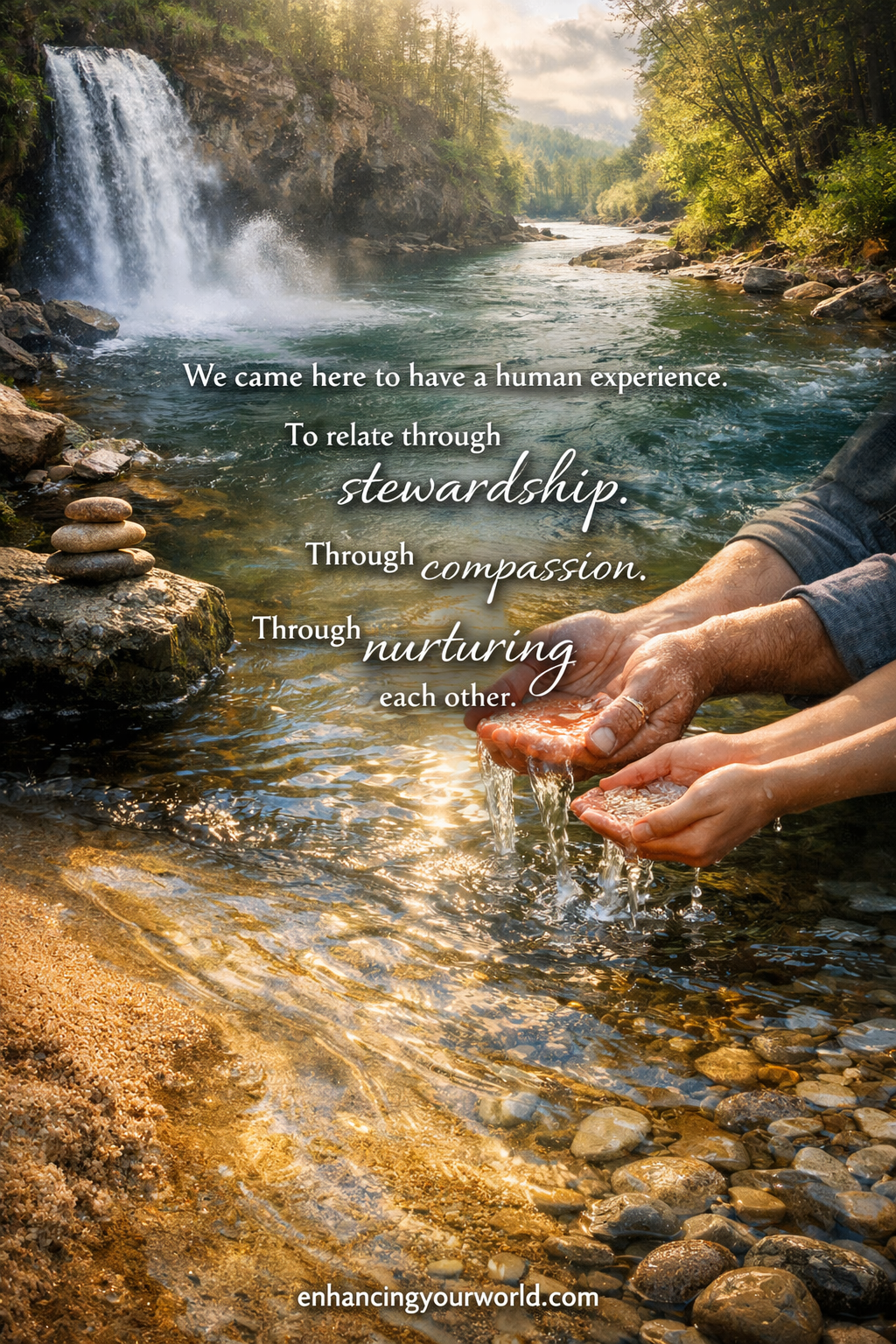The Personal Challenge of Being Visionary and Heart-Led Dreams become concrete. The road continues. And…

The Impact of Unsolicited Advice—Complications, Teachings, and Conscious Communication
The Impact of Unsolicited Advice—Complications, Teachings, and Conscious Communication
In a world flooded with opinions, insights, and information, unsolicited advice often arrives like an unexpected guest—sometimes helpful, sometimes disruptive. It may come from love or control, wisdom or projection. But no matter its origin, advice not asked for can profoundly shape our decisions and emotional journey.
🔻 When Help Feels Like Harm
- Erodes Self-Trust: Unasked advice can subtly imply that we’re incapable or unwise, slowly weakening our inner compass.
- Activates Resistance or Shame: Even well-meaning advice can feel judgmental, especially when we’re already vulnerable.
- Creates Confusion in the Mind: Too many voices—especially unsolicited ones—can cloud our clarity and personal truth.
- Violates the Present Moment: Sometimes, we don’t need solutions—we need to be witnessed. Advice can override our emotional and spiritual processing.
- Breeds Dependence: Constant outside direction can cause us to rely on others instead of cultivating our own discernment.
🔦 A Personal Reflection
As I grow and heal my relationship with my father, I can tell you—the need for him to offer unsolicited advice has often been a point of tension. He gives advice because he believes he knows more than I do, or better than I do, or because he’s afraid that my chosen path might not lead me to fulfillment. His intentions may be protective, but the impact over the years has been a slow disconnection between us.
I now see how this pattern distanced us from our authentic being. When advice replaces curiosity, we miss the opportunity to truly see each other. And yet, as we challenge each other with our differing communication styles and perspectives, we grow—sometimes drawing closer, other times tightening our grip on what we think we know. Either way, the learning is sacred, if we stay open.
❌ Unsolicited Teachings and the Need to Be Right
In many moments, unsolicited advice evolves into something even more insidious—unsolicited teachings. These aren’t born from shared curiosity or respectful dialogue but instead become subtle (or direct) demands for conformity. They are less about presence and more about performance—less about truth and more about control.
Some offer “truth” not to open a conversation, but to assert that their path is the only way. The unspoken message: “You’re not doing life right unless you do it like me.” That’s not wisdom. That’s spiritualized authority disguised as concern.
📌 Real-Life Examples: Advice Without Awareness
Think of the health coach who tells you to wake up at 5 a.m. and fast until noon—without asking if you’re recovering from burnout or trauma. Or the spiritual teacher who insists your emotional experience is “just your ego,” dismissing the layers of grief or generational pain you might be processing.
I’ve been on the receiving end of this. Friends, mentors, even respected healers have told me how I should live, think, or feel—without asking where I actually was on my journey. It made me question my path at times. Other times, it made me want to disappear altogether.
And if I’m being completely honest—I’ve done this too. I’ve offered perspectives that weren’t fully grounded in the other person’s lived experience, but rather from my own need to share what had worked for me. At times, it was more about performance than presence. While I meant well, I now understand: offering something without listening deeply first can disconnect more than it connects.
💔 When Introspection Is Replaced by Social Acceptance
What happens when awareness is no longer an invitation for growth but a performance for belonging?
Instead of introspection, we are given templates. Instead of inner listening, we are offered scripts. Instead of being asked:
- “What feels true for you right now?”
- “What is your body telling you?”
- “Where does your spirit want to move?”
—we are told:
- “You should…”
- “Everyone knows…”
- “This is the right way because it worked for me.”
This isn’t growth. This is conformity. And we weren’t born to be copies of each other—we were born to remember the sacredness of our uniqueness.
🔥 True Wisdom Asks Questions. Ego Offers Answers.
There’s a vast difference between wisdom and performance.
- Wisdom listens. Ego lectures.
- Wisdom is present. Ego performs.
- Wisdom asks, “Are you ready?” Ego declares, “You need this.”
A wise teacher does not need to be heard—they desire to hold space. They don’t impose—they invite. They don’t try to change your direction—they walk with you until you hear your own truth.
✅ Where It Can Be Helpful
Not all unsolicited advice is harmful. When grounded in compassion and offered humbly, it can open new pathways for reflection and resonance:
- Opens New Perspectives: A shift in perception may spark personal transformation.
- Reveals the Giver’s Heart: Sometimes it’s an attempt to connect, even if clumsy.
- Strengthens Discernment: It teaches us to filter truth from noise.
- Teaches Emotional Mastery: How we respond can reveal what’s still seeking healing within us.
🌱 The Power of Invitation
Advice becomes medicine when offered as a question rather than a command:
“Would you like my perspective, or would it feel better just to be heard?”
This honors agency. It allows intimacy. It supports alignment. It makes space for soul—not just solution.
💬 A Reflection for the Reader
Before you offer wisdom, pause and ask:
- Am I sharing to serve or to soothe my discomfort?
- Do I know what this person truly needs—or am I assuming?
- Is my offering rooted in presence—or in performance?
And if you receive advice that doesn’t resonate, remember: you don’t have to accept it. You can return to your own knowing. You can say thank you, and still choose yourself.
Empowerment begins where presence meets permission.



